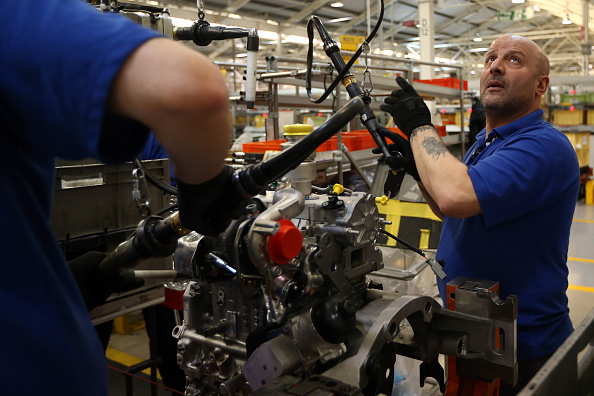Low-emission car registrations fall for first time in two years

UK registrations of alternatively-fuelled cars fell in June for the first time since April 2017, with a major industry body blaming confusion over low-emission zones and incentives.
Read more: Hybrid and diesel car sales fall in May amid government policy confusion
Overall new car registrations in the UK fell for the fourth month in a row, according to the Society of Motor Manufacturers and Traders (SMMT), as a decline in buyer confidence dented the market.
The figures come as the UK car industry struggles to cope with a range of factors. Brexit-related uncertainty and a fall in domestic and global demand amid trade wars have hurt the industry.
Car manufacturing fell by 24 per cent in April as firms planned shutdowns around the original Brexit departure date of 29 March. The shutdowns helped push the UK economy into contraction.
The SMMT statistics show the malaise continued into June as demand fell by 4.9 per cent year on year, with 223,421 units being registered.
Diesel car registrations fell for the 27th month in a row, dropping by 20.5 per cent. Meanwhile June saw growth of three per cent for petrol car registrations.
Battery electric registrations grew by 61.7 per cent, although from a much lower level. The market share of battery electric vehicles is 1.1 per cent, compared to 66.9 per cent for petrol cars and 26.4 per cent for diesel.
Plug-in hybrids continued their recent downward trend in June, falling by 50.4 per cent. This is worrying news for Britain’s policymakers, who have vowed to reduce carbon emissions to zero by 2050.
The weak performance tipped the overall alternatively-fuelled vehicle sector into negative growth for the first time in over two years.
Mike Hawes, chief executive of SMMT, said: “Another month of decline is worrying but the fact that sales of alternatively fuelled cars are going into reverse is a grave concern.”
“Manufacturers have invested billions to bring these vehicles to market but their efforts are now being undermined by confusing policies and the premature removal of purchase incentives,” he said.
Read more: Pound falls as UK economy shrinks by 0.4 per cent in April
To hit Britain’s zero carbon target, Hawes said, “we need world-class, long-term incentives and substantial investment in infrastructure”.